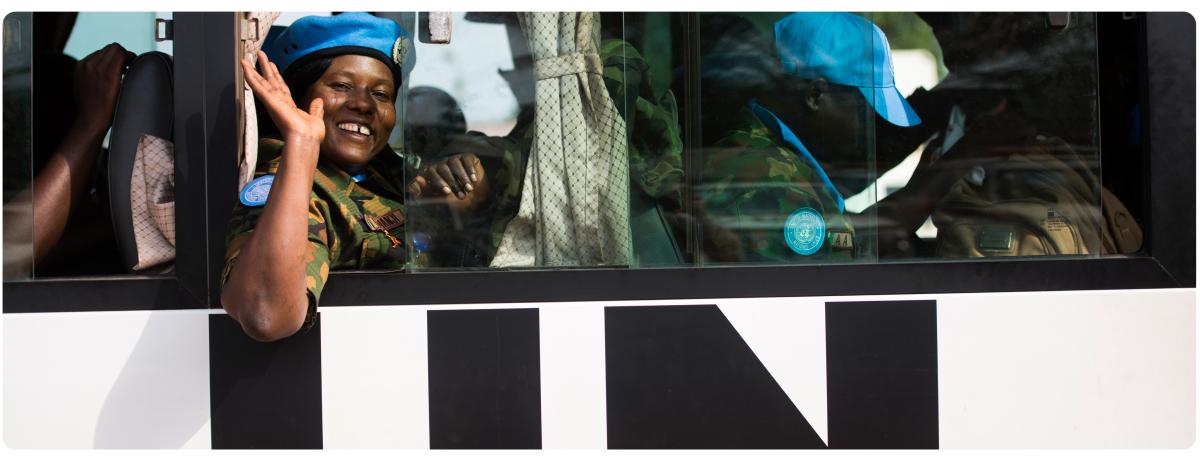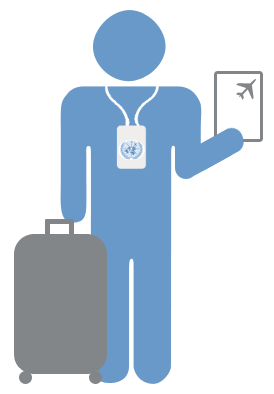
Homecoming is an emotional time for everyone in the family, and as with pre-deployment, it is also important to plan for your departure from a mission and adjust to returning to your previous home base or to moving to a new duty station. “Moving On” will usually entail a transition process for both yourself and family. Being aware of the factors involved and taking steps to address them will assist you and your family through this process.

Knowing and understanding what sorts of reactions to expect from yourself, your partner and your family on your return will help make your reunion and reintegration a less stressful, far more enjoyable experience.
 What is Re-entry syndrome? (also known as reverse culture shock)
What is Re-entry syndrome? (also known as reverse culture shock)
While many are aware that they may experience culture shock in the initial stages of their deployment, fewer people expect difficulty readjusting to life at home after returning from assignment. A disruption of the routines you had built and cultures you had familiarized yourself with during deployment can lead to anxiety, disillusionment and frustration when transitioning back to once-familiar but now distinct behaviours and customs at home; this stress is referred to as re-entry stress/syndrome, reverse culture shock, or repatriation shock. Reverse culture shock has been observed in international aid workers, “third culture” kids and military personnel and can affect both you and your family; an estimated 60 percent of humanitarian workers experience psychological and physiological stress responses after coming home. During your reintegration process, you may feel as if you no longer can relate to old friends and co-workers; interactions with others may leave you uncomfortable and disoriented, as your own personal sociocultural norms may have changed and evolved during your time abroad. Re-entry stress is best managed by psychologically preparing yourself for the difficulties you may experience upon returning home. Reflecting on the ways in which you have changed and the stress management techniques you find most effective can help you to cope during the reintegration phase. Speaking with friends and co-workers who have had similar re-entry experiences may also alleviate stress and offer you an opportunity to discuss your feelings with those who understand your situation.
 Reconnecting with families and friends
Reconnecting with families and friends
Common homecoming reactions of staff returning from non-family missions: As a result of your assignment to a non-family mission, changes will probably have occurred in the relationships you have with your partner, children, relatives and friends. It is important to be aware of the possible changes, understand what is happening and work this through with those involved. You may not want to talk about what you saw and did, and others may seem not to want to listen when you discuss your experiences. You may miss the excitement of deployment for some time. Some things may have changed while you were away; roles may have changed in managing basic household chores, and it will take time to readjust. You may find face-to-face communication difficult at first. Upon your homecoming, both you and your partner may experience difficulty re-establishing emotional and sexual intimacy. You may also both feel excited, disorganized, resentful or frustrated; you may both be struggling with a sense of loss of freedom and independence. A successful reunion with your family means your successful reintegration and renegotiation of your relationships with them, but how can you achieve this? Try applying the suggestions in the chart below:
 Re-entry Self-reflection questions
Re-entry Self-reflection questions
Prior to making your journey home, take some to reflect upon these questions developed by the US Department of State and the Headington Institute :
- What are my expectations of home and what may have occured?
- What coping strategies will I use to cope with challenges and stress?
- What new things might I have to get used to?
- What activites can I get involved with to cope with the stress of transition?
- Are there differences in the ways in which I deal with crisis situations as opposed to "normal life"?
 Re-entry Resources
Re-entry Resources
- Craig Storti: The Art of Coming Home
- David C. Pollock and Ruth E. Van Reken: Third Culture Kids: The Experience of Growing Up Among Worlds
- The Headington Institute: Coping with Travel and Re-entry Stress
- US Department of State: Managing Reverse Culture Shock
- US Department of State: Reverse Culture Shock Overview
 To contact a Staff Counsellor in global duty stations, click here or write to scohq@un.org.
To contact a Staff Counsellor in global duty stations, click here or write to scohq@un.org.
